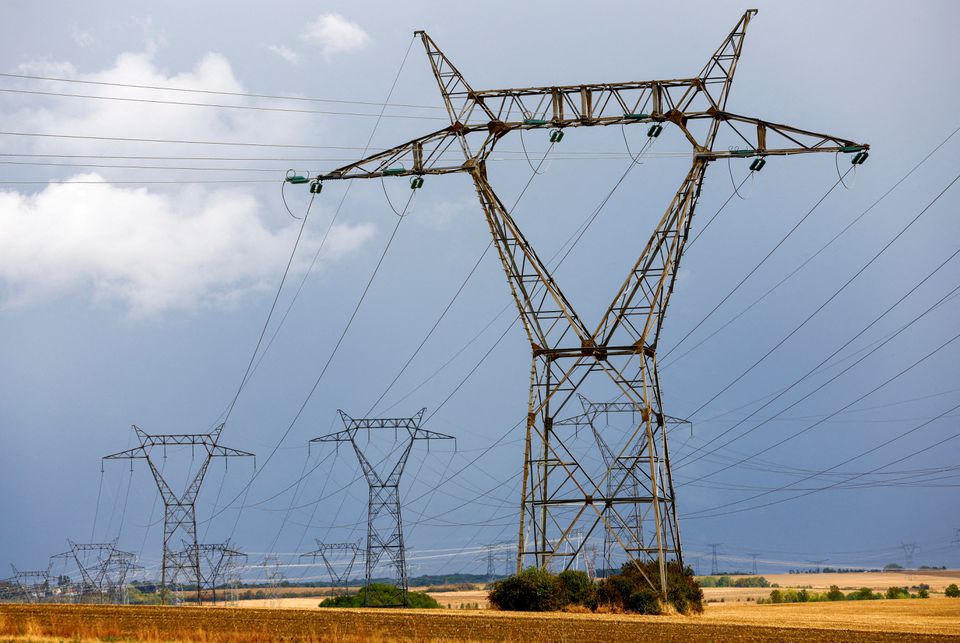The European Union will propose measures to cap revenues from low-cost electricity generators and force fossil fuel firms to share the profits they make from soaring energy prices, European Commission President Ursula von der Leyen said on Wednesday.
European governments have ploughed hundreds of billions of euros into tax cuts, handouts and subsidies to try to contain an energy crisis, fuelled by Russia's invasion of Ukraine, that is driving up inflation, forcing industries to shut production and hiking citizens' bills ahead of winter.
"In these times it is wrong to receive extraordinary record revenues and profits benefiting from war and on the back of our consumers. In these times, profits must be shared and channelled to those who need it most," von der Leyen said in a speech to the European Parliament in Strasbourg.
She said the bloc was also discussing energy price caps and working to establish a "more representative benchmark" price for gas than the Dutch Title Transfer Facility (TTF), where gas prices have rocketed higher.
A draft of the Commission proposals, previously seen by Reuters, would skim off excess revenues from Europe's non-gas fuelled power plants to raise cash for governments to spend on helping businesses and citizens with their bills.
Wind and solar farms and nuclear plants would face a cap of 180 euros ($180) per megawatt hour (MWh) on the revenue they receive for generating electricity, with governments recouping any excess cash and recycling it to support consumers, according to the draft, which could still change before publication.
That would cap generators' revenues at less than half of current market prices. Germany's front-year electricity price hit a record high of more than 1,000 euros/MWh last month and was trading at above 400 euros/MWh on Tuesday.
Fossil fuel firms would also face a windfall profit levy to claw back what the Commission described in the draft as "unexpected profits" linked to soaring oil and gas prices stoked by Russia slashing gas deliveries in the wake of its invasion of Ukraine.
Oil, gas, coal and refining firms would be required to make a "solidarity contribution" of 33% of their taxable surplus profits from fiscal year 2022, the draft said.
The Commission has backed away from an initial plan to cap Russian gas prices, however, and EU countries are divided over whether broader price caps would help or harm Europe's efforts to secure winter energy supplies.
EU countries will have to negotiate the Commission's proposals and agree on final laws. With contentious gas price caps off the table - at least, for now - diplomats from some states were optimistic that deals could be struck at a meeting of EU energy ministers on Sept. 30.










